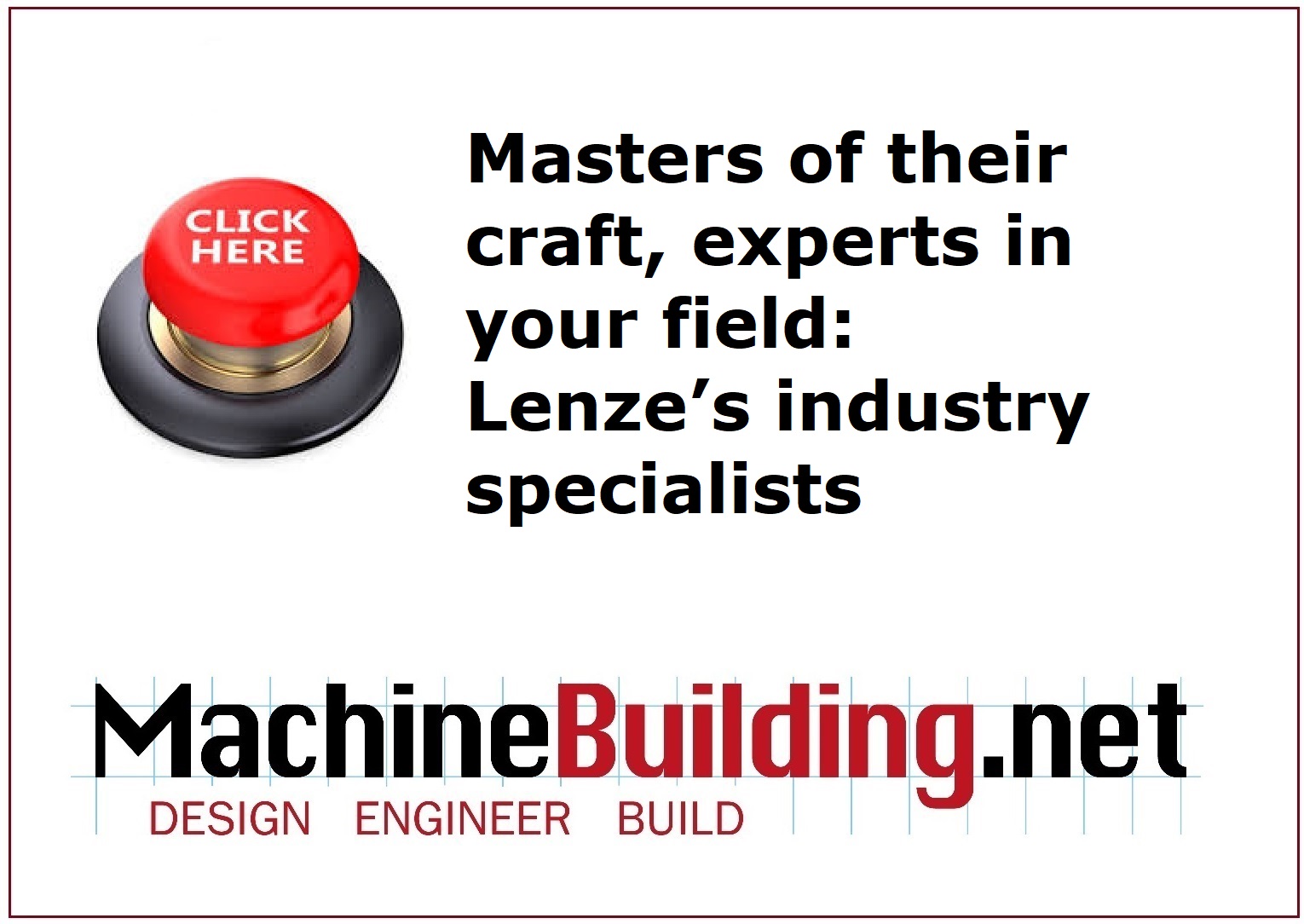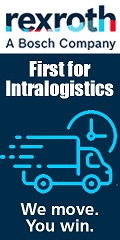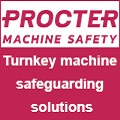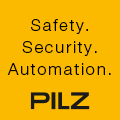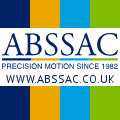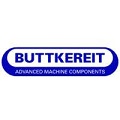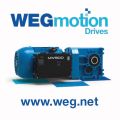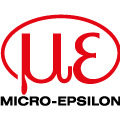
Posted to News on 21st Jan 2019, 16:19
How drives and automation meet the needs of modern warehouses
A modern warehouse operation must be fast, flexible and efficient. Choosing appropriate automation platforms - and automation partners - capable of meeting the challenges that this poses is clearly vital to its success, as Lenze's Marketing Communications Manager Neil Beaumont explains.
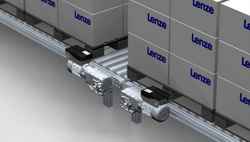
For the builders of materials handling equipment, the intensive intralogistics environment that defines the modern warehouse operation poses a number of challenges. Take a distribution hub as an example. This is likely to be a highly automated system comprising a multitude of closely controlled and co-ordinated elements such as conveyors, robotic pickers, automated guided vehicles and the like. These elements have become 'smart' self-monitoring islands of automation (thanks to the proliferation of Industry 4.0 and the Internet of Things), collecting and processing data locally and communicating externally with supply chains and customers.
In developing these complex systems, machine builders and OEMs have also needed to respond to customer demands for shorter development lead-times, simplicity of operation, low maintenance overhead, reliance on standard components to control spare parts inventories, a responsive after-sales support service and, not least, the pressure to keep capital and operating costs under tight control.
Five-step partner assessment guide
For both the OEM and the warehouse operator embarking on new handling equipment developments or facility upgrades, choosing a competent drives and automation provider is crucial. In an effort to deliver its own successful outcomes in this sector, Lenze has developed a five-step partner assessment guide for machine builders and their end-customers:
1 - Developing ideas: involving the partner at the earliest stages of a project can help to identify opportunities to maximise machine performance and minimise costs. The partner should propose implementing the best available technologies to maximise operating performance while cautioning against issues such as over-engineering.
2 - Drafting concepts: as a project moves into the design phase, the partner should take a holistic view of the individual motion and control functions to ensure consistency and interoperability across the facility. Motion paths should be optimised and automation needs to be simple, safe and easily interfaced with the warehouse master system.
3 - Implementing solutions: here, the partner should be able to bring their expertise to bear in areas such as energy efficiency, optimised product dimensioning and easy-to-use software. The solution should be the one that best suits the requirements of the application rather than the one that the provider prefers.
4 - Commissioning issues: when automation, visualisation, control, logic and drives are all supplied by a single partner, developers and commissioning engineers will benefit from interfaces that interoperate seamlessly by design. This will help shorten machine development and commissioning times, as well as costs.
5 - Ensuring productivity: minimising problems and downtime for machines in service requires comprehensive after-sales support; Lenze, for example, can offer international service packages for continued safe operation. The primary focus here is on technical support, based on the application expertise of a knowledgeable support team.
Industry-specific knowledge
The drives and automation systems provider needs to have broad experience of the intralogistics sector plus a deep knowledge of the engineering requirements of each element of a warehouse operation. Take servomotor driven systems as an example. These work particularly well in highly dynamic, high-speed precision motion applications, such as those deployed in packaging and wrapping machinery. However, for general materials handling there is usually no requirement for such precision and so a simpler, less costly option, such as an inverter driven induction motor, would be a good choice as it offers more than adequate precision for the task.
Conveyor drives requiring adjustable speed and soft start/stop capabilities provide another example of where savings can be made without compromising performance. Take Lenze's Smart Motor - the running speed of which can be preset electronically - as an example. Incorporating the motor, drive and gearbox in a single, adaptable package and including numerous integrated materials handling functions, a warehouse automation system equipped with Smart Motors has the potential to reduce the number of different drive and motor variants within a facility by as much as 70 per cent.
Software development
Motion software development accounts for the major part of the cost of material-handling machinery. Machine designers can create it themselves, but that is time-consuming, costly and can lead to future compatibility problems. A better option is to use the chosen partner's motion development tools; Lenze's FAST application software suite, for example, provides pre-configured and pretested software modules for feeding, discharge, registration and SmartTrack product spacing. Programming tasks then become more like parameterisation, thereby shortening project development timescales. Pre-configured motion software can eliminate up to 80 per cent of the work required compared with developing equipment control applications from scratch. Furthermore, modules can be tested completely independently, which makes machine development quicker, easier and error-free.
Even the most complex and sophisticated warehouse automation systems are built from combinations of simple motion elements. Getting those elements right is the key to efficiency, flexibility and reduced downtime. Choosing the right technology partner can lead to faster machine development, lower purchase costs, easier integration into the warehouse system and optimal performance.
Learn more at www.lenze.com.


